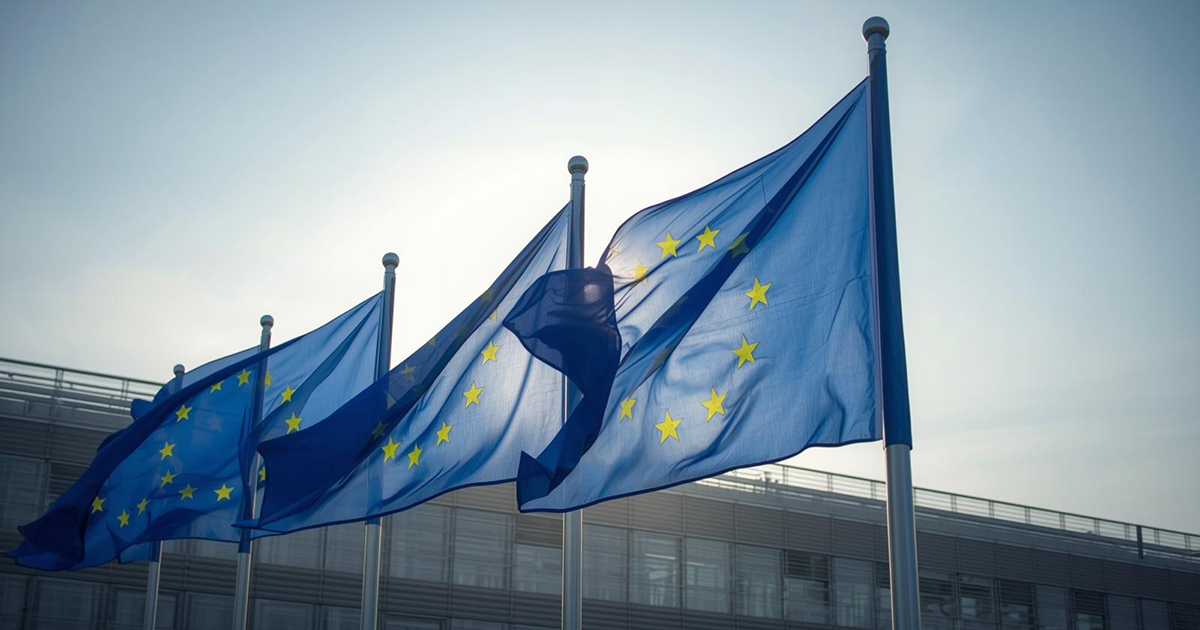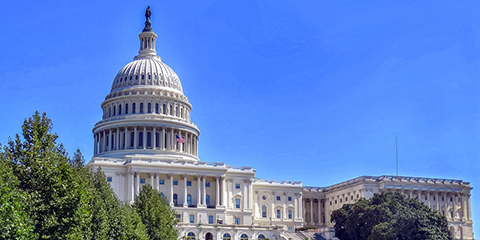The ethics of transparency in influencer marketing
JournalismPakistan.com | Published last year | Olivia Sterling
Join our WhatsApp channel
SAN FRANCISCO, California—In the dynamic world of social media, influencer marketing has become a powerful tool for brands to connect with audiences. Influencers, with their vast reach and loyal followers, can significantly impact consumer behavior and brand perception. However, this power comes with a responsibility to uphold ethical standards, particularly in terms of transparency and trust.
The Rise of Influencer Marketing
Influencer marketing has grown exponentially over the past decade. From beauty and fashion to technology and travel, influencers span a wide range of niches, offering brands an authentic way to reach potential customers. This authenticity, however, hinges on the trust followers place in influencers.
The Importance of Transparency
Transparency is a cornerstone of ethical influencer marketing. When influencers promote products or services, it is crucial for them to disclose any material connections they have with the brands. This includes sponsorships, free products, or any form of compensation.
In 2017, the Federal Trade Commission (FTC) in the United States issued guidelines requiring influencers to clearly and conspicuously disclose their relationships with brands. Hashtags like #ad, #sponsored, and #partner became common, ensuring that followers are aware of the commercial nature of the content.
The Challenge of Maintaining Trust
Trust is the currency of influencer marketing. Followers rely on influencers for genuine recommendations, and any hint of dishonesty can damage an influencer's credibility. When influencers fail to disclose their partnerships, it can lead to a breach of trust.
Consider the case of popular YouTuber PewDiePie, who faced backlash for not clearly disclosing his partnership with Warner Bros. for promoting a video game. The lack of transparency not only affected his reputation but also raised questions about the ethics of influencer marketing practices.
Best Practices for Ethical Influencer Marketing
Clear Disclosures: Influencers should use clear and unambiguous language to disclose their partnerships. Phrases like "sponsored by," "in partnership with," or simple hashtags like #ad can make the relationship transparent.
Authenticity: Influencers should only promote products and services they genuinely believe in. Authenticity fosters trust and ensures that endorsements align with the influencer's personal brand and values.
Honesty: Influencers should provide honest reviews and opinions. If an influencer does not like a product, they should feel empowered to share their true experience rather than providing a misleading positive review.
Consistent Communication: Maintaining open lines of communication with followers about brand partnerships and endorsements can help build and maintain trust. Regular updates and honest discussions about collaborations can reinforce transparency.
The Role of Brands
Brands also play a crucial role in maintaining ethical standards in influencer marketing. They should encourage influencers to disclose partnerships and provide clear guidelines on how to do so. Additionally, brands should choose influencers whose values align with their own, ensuring that partnerships feel authentic and credible to the audience.
The ethics of influencer marketing revolve around transparency and trust. As the industry continues to evolve, influencers and brands must prioritize these values to maintain credibility and foster genuine connections with audiences. By embracing ethical practices, the influencer marketing landscape can thrive, benefiting both influencers and their followers.
About the author: Olivia Sterling is a seasoned digital marketing strategist and freelance writer. She specializes in influencer marketing, ethical branding, and consumer behavior analysis.

























